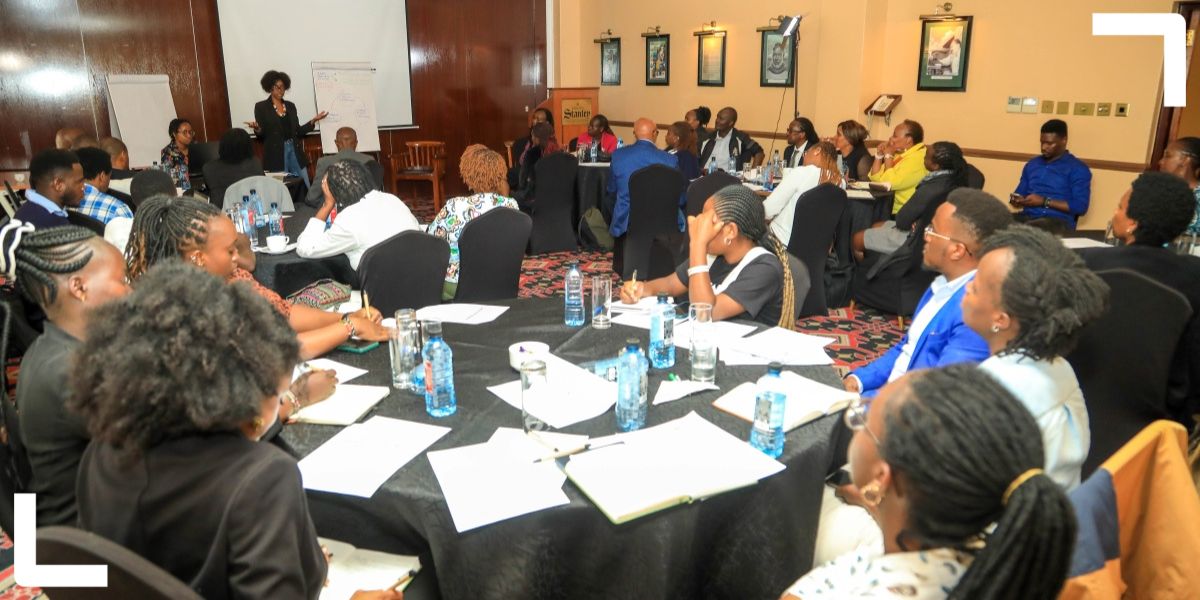ACRC is preparing to implement four co-designed action research projects across Nairobi, aimed at improving living conditions among residents of informal settlements.
In partnership with SDI-Kenya, the Nairobi city team held a workshop on 16 October 2024 to convene key stakeholders – including reform coalitions, academics, government, researchers and community representatives beyond the ACRC network.
The main aim of the meeting was to gather insights on practical ways to influence policy and urban reform programming, strengthen the ACRC city team’s research uptake strategy, and identify key urban, political, and community actors, relevant reform coalitions and strategic policy influencers to collaborate on the projects.
Building on comprehensive studies into the political and systemic dimensions underpinning key urban development issues in Nairobi, the city team is developing these interventions in partnership with LVCT Health, Slum Dwellers International – Kenya (SDI-Kenya), Akiba Mashinani Trust and Strathmore Law School.
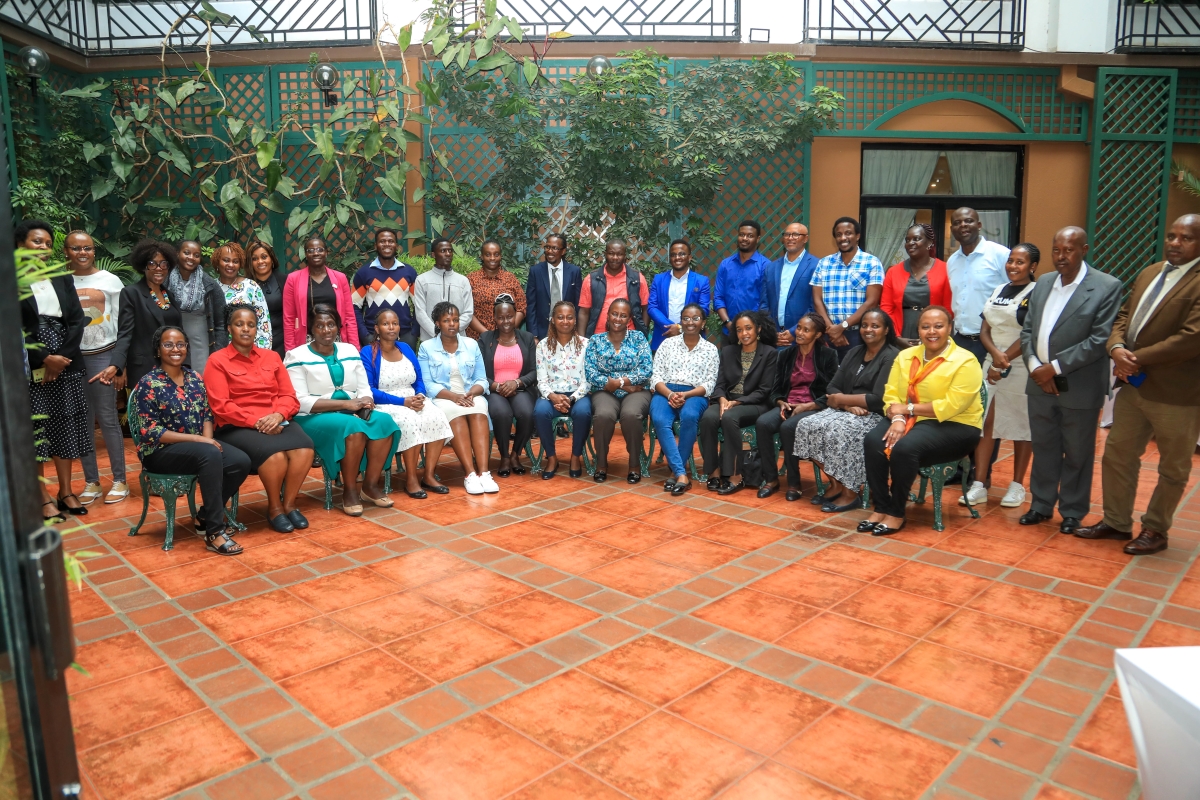
The ACRC Nairobi city team and invited attendees at the action research stakeholder convening
The action research projects in Nairobi will focus on:
Extending the county school feeding programme to informal settlements
Aimed at improving health and nutrition among children living in Nairobi’s informal settlements, LVCT Health will spearhead the project to extend the county school feeding programme to informal schools. The intervention will focus on mainstreaming sustainable and affordable healthy diets in informal primary schools, early childhood development education (ECDE) centres and daycare centres in Nairobi’s urban informal settlements.
Establishing a holistic waste management system in Mathare
SDI-Kenya will lead the holistic waste management project in Mathare. Despite numerous interventions aimed at improving living conditions in the settlement, fragmented investment and inadequate resourcing has meant these efforts have failed to bring about meaningful change. This intervention will comprise three key components: providing 24-hour access to solid waste disposal, improving sewerage access for households and creating productive public spaces.
Improving water and sanitation in Mukuru
The project to improve water and sanitation services in the Mukuru Special Planning Area will be led by Akiba Mashinani Trust. Structured with the overall objective of improving access, affordability and governance of water and sanitation services in Nairobi’s informal settlements, the intervention will involve mobilising residents through establishing a reform coalition of agencies, institutions and community members. The project will entail a comprehensive analysis of current water and sanitation services, which will be used to determine potential interventions to improve delivery, access and governance.
Empowering communities with land ownership data
Strathmore Law School and Akiba Mashinani Trust will partner on the intervention to democratise land data, aiming to empower communities to address tenure security in Mathare. Understanding land ownership dynamics in informal settlements is an urgent political task for addressing urban inequalities. This project seeks to expand informal settlement residents’ control of land data and will also establish community-level institutional structures to advance the interventions proposed through the action research.
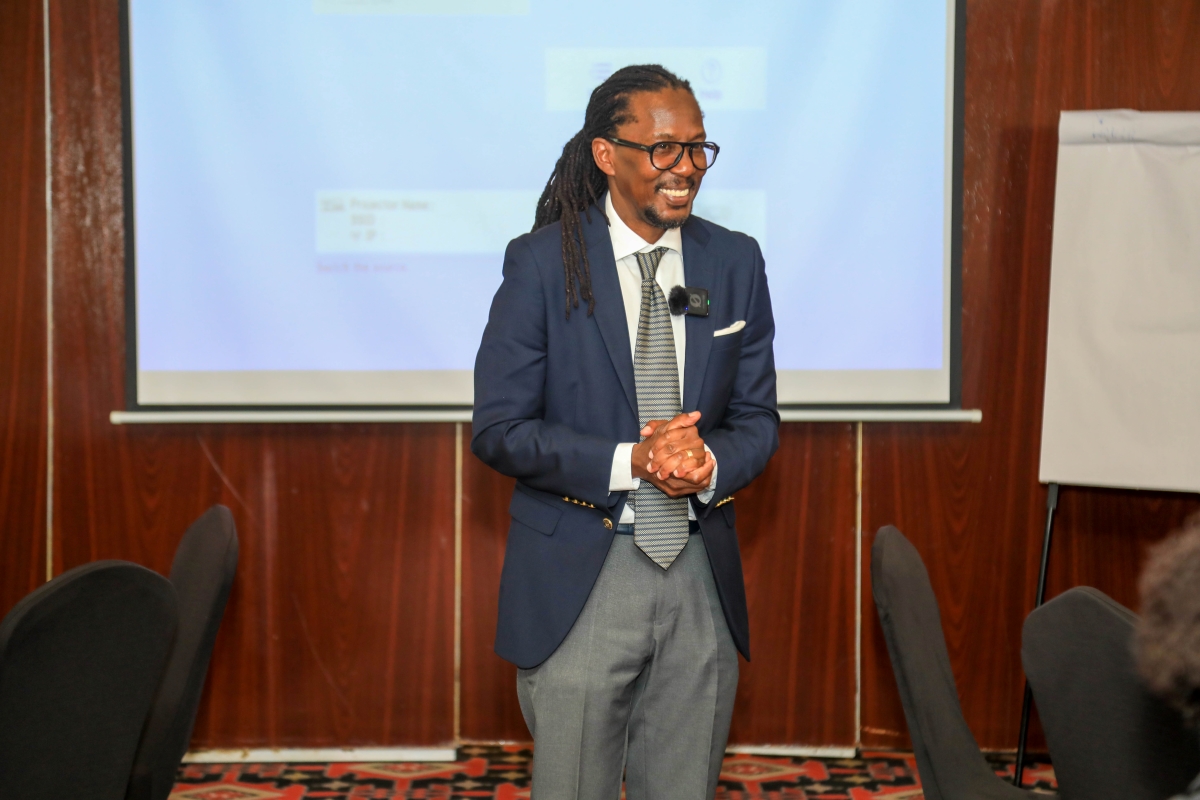
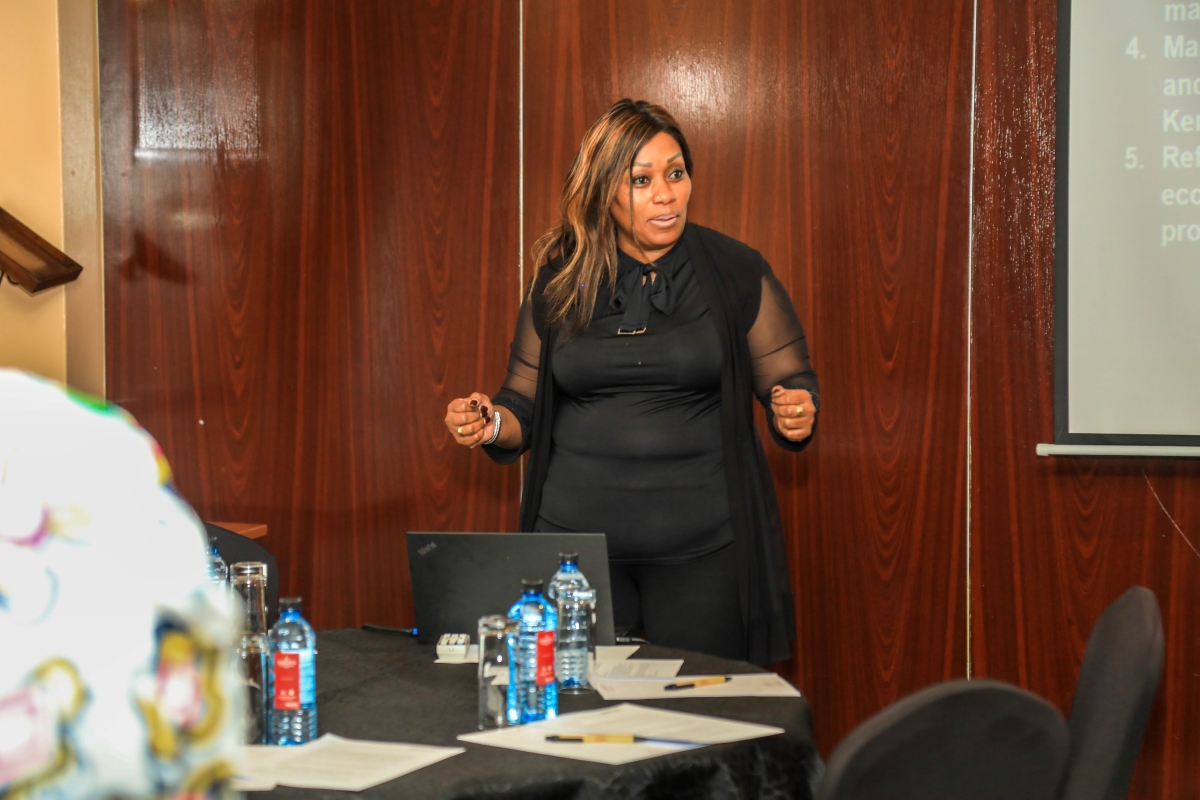
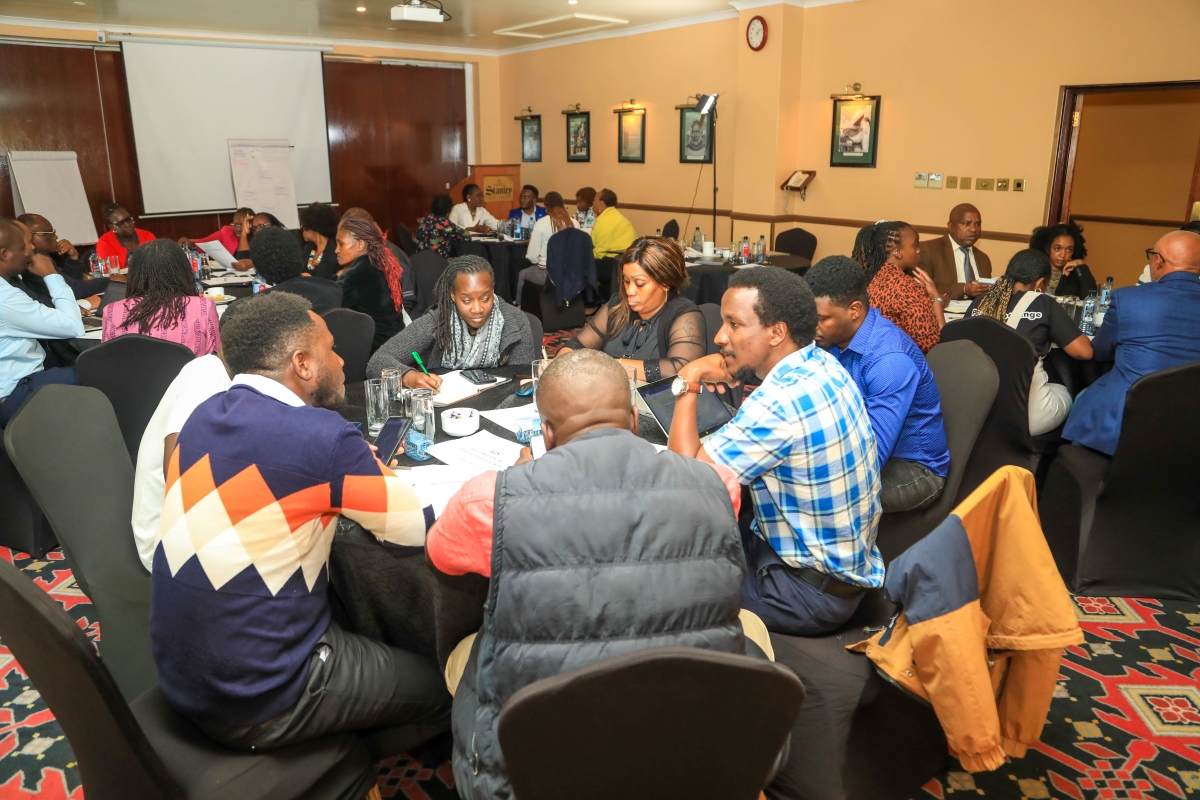
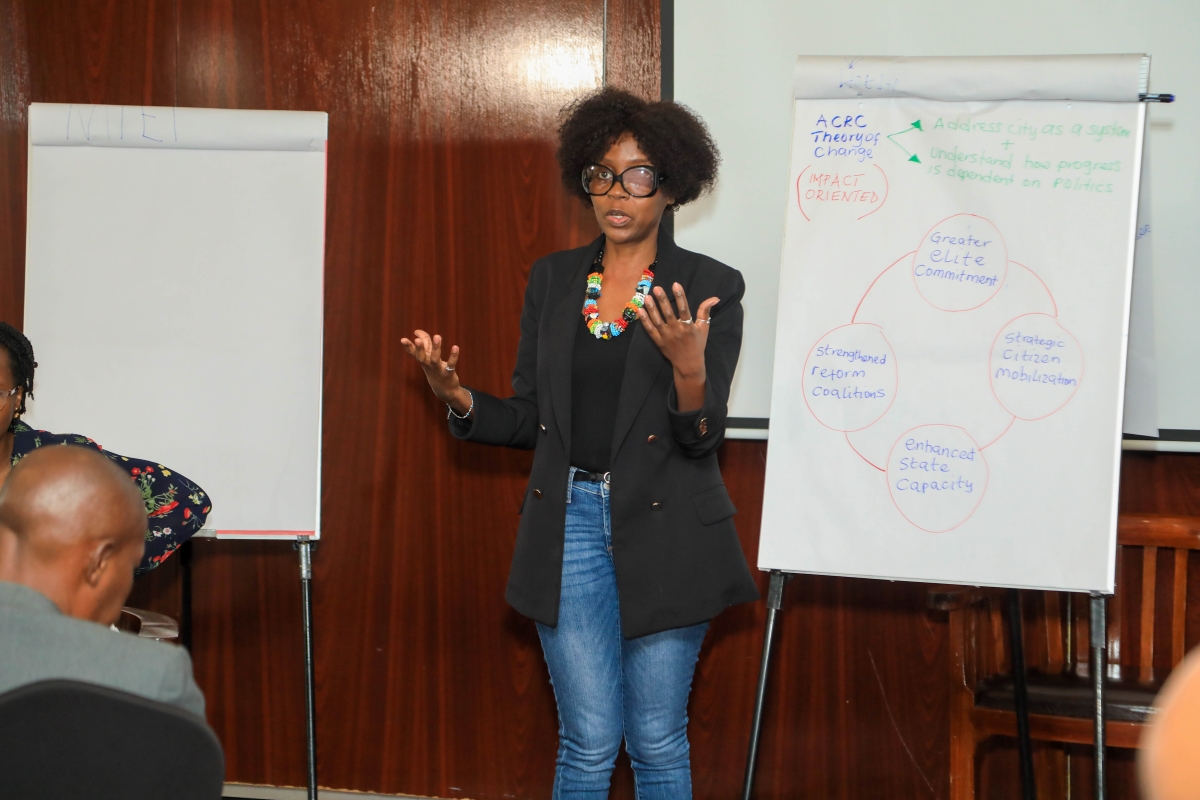
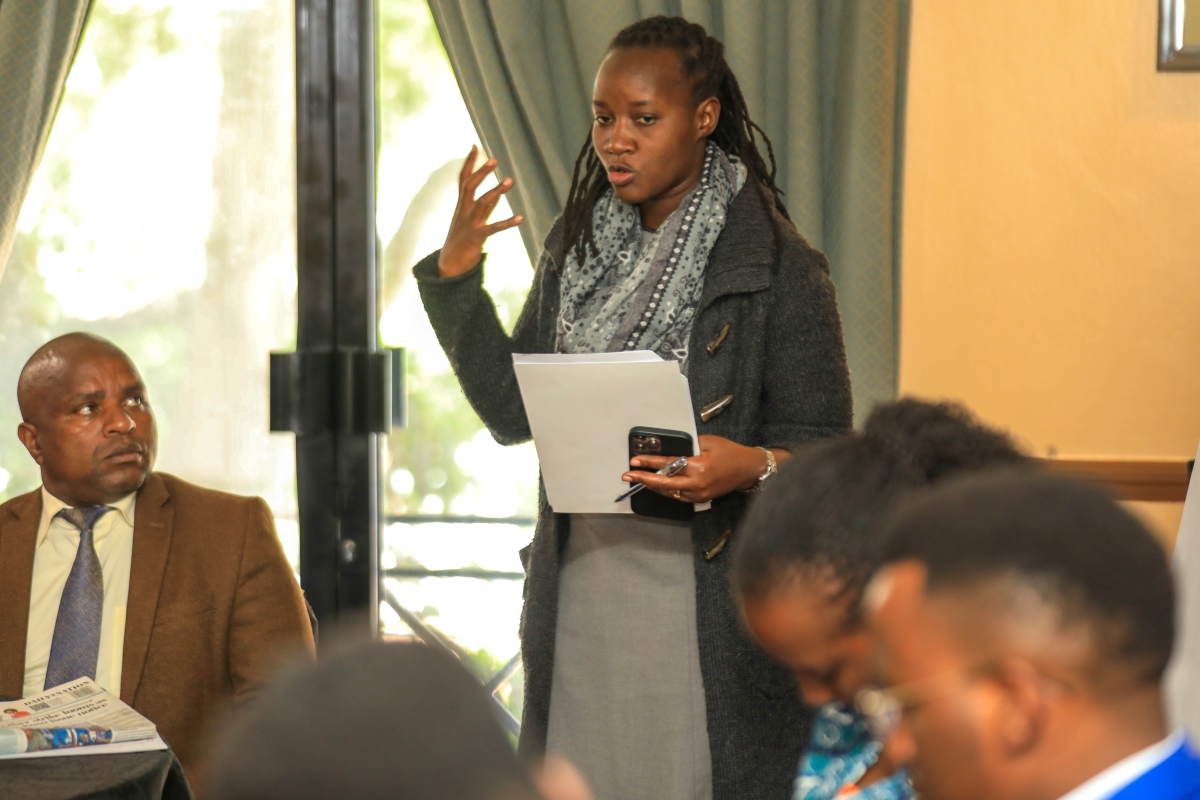
Photo credits: Know Your City TV
Note: This article presents the views of the authors featured and does not necessarily represent the views of the African Cities Research Consortium as a whole.
The African Cities blog is licensed under Creative Commons Attribution-NonCommercial-NoDerivatives 4.0 International (CC BY-NC-ND 4.0), which means you are welcome to repost this content as long as you provide full credit and a link to this original post.

